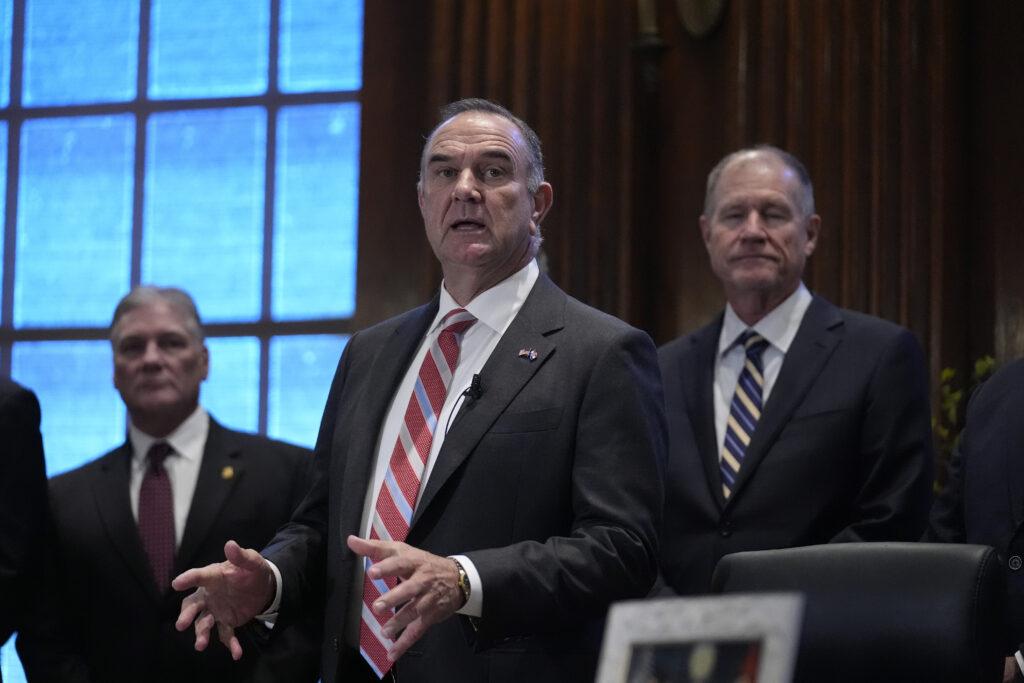Missouri Lawsuit Seeks to Stop Governor’s Gerrymander Session

A lawsuit filed by the NAACP Wednesday seeks to stop Missouri Gov. Mike Kehoe’s (R) special legislative session, calling his attempt to redraw maps and rewrite the ballot initiative process an unconstitutional power grab that threatens democracy in the state.
While lawmakers have already convened in Jefferson City, the petition asks for an immediate restraining order and injunctions to stop the session’s proceedings.
The plaintiffs argue that Kehoe is abusing his powers and failing to meet the Missouri Constitution’s requirement that the governor may only convene the legislature on “extraordinary occasions.”
“Nothing in the Governor’s Proclamation indicates a change in Missouri’s circumstances that requires action,” the complaint reads. “Although the question of what an ‘extraordinary occasion’ under the Missouri Constitution has not been tested in the Courts, no governor has ever before convened the legislature based on similar facts.”
The lawsuit also takes aim at Kehoe’s attempt to force new congressional lines to boost GOP representation in Congress, stressing that Missouri already passed a new congressional map in 2022 after the U.S. Census, and that map has governed two federal elections.
“Absent a condition outlined in Article III, Section 45 or some other operation of law, the General Assembly is not authorized to designate new congressional boundaries,” the complaint adds. “There is no legitimate threat to the constitutionality of the current maps.”
If the Governor’s proposed gerrymander advances, it could dismantle Kansas City’s 5th Congressional District and tilt Missouri’s delegation toward a 7-1 Republican supermajority.
Furthermore, the plaintiffs underscore that nearly all of the Governor’s proposed changes to the initiative petition process — including bans on foreign contributions, penalties for fraudulent signatures and requirements for public comment — already exist in state law.
The only new measure would be requiring a majority in every congressional district for statewide ballot measures to pass, a move that would make it significantly harder for citizen-led initiatives to succeed.
The Governor’s move is part of a broader mid-decade redistricting push, aligned with national GOP strategies and ordered by President Donald Trump, to secure more congressional seats in 2026 by diluting the power of minority voters.